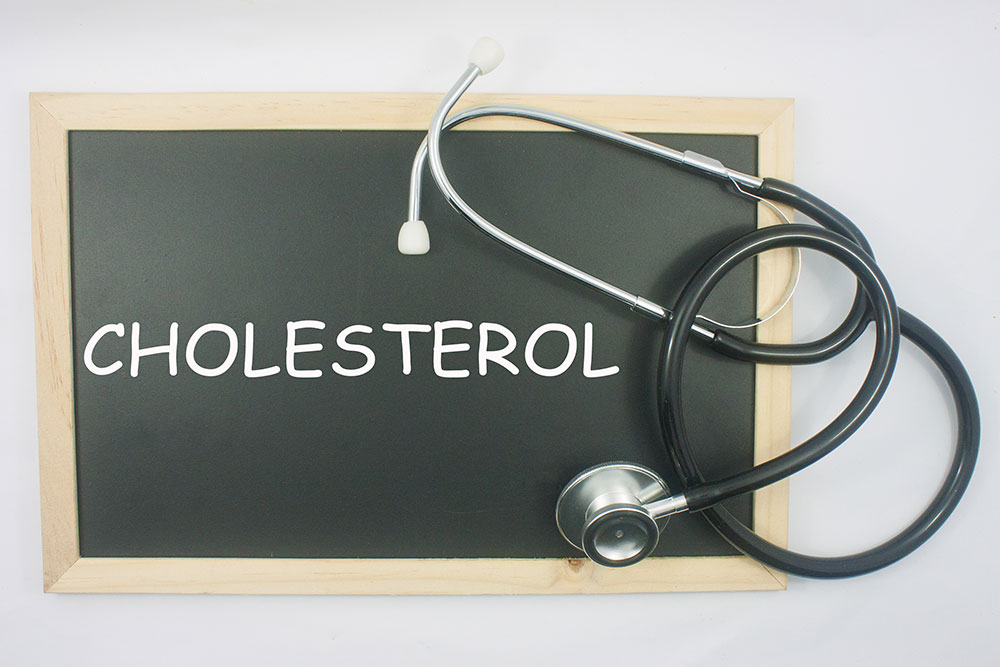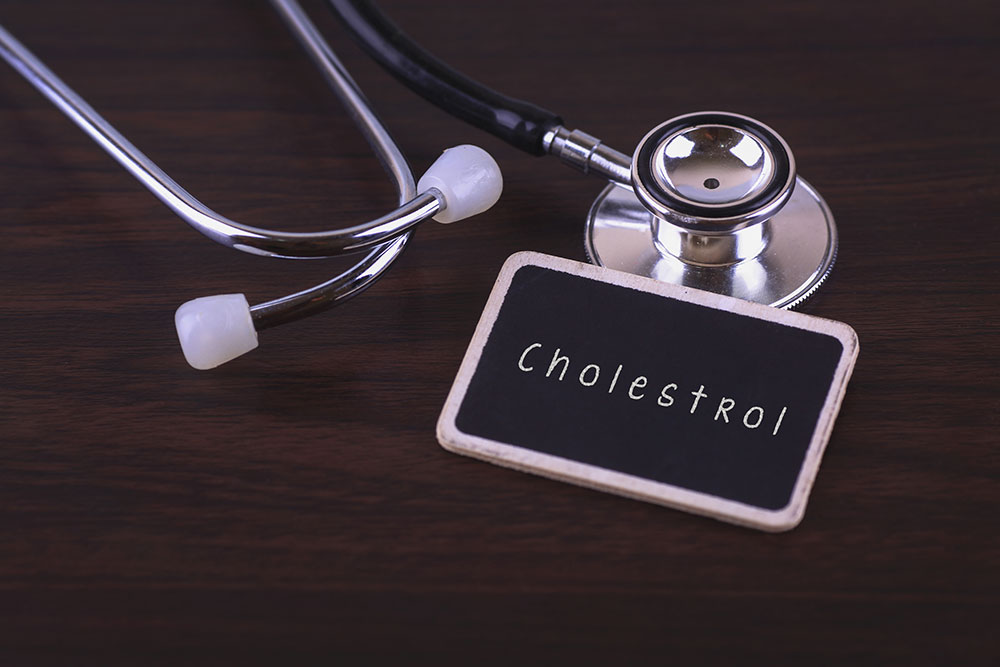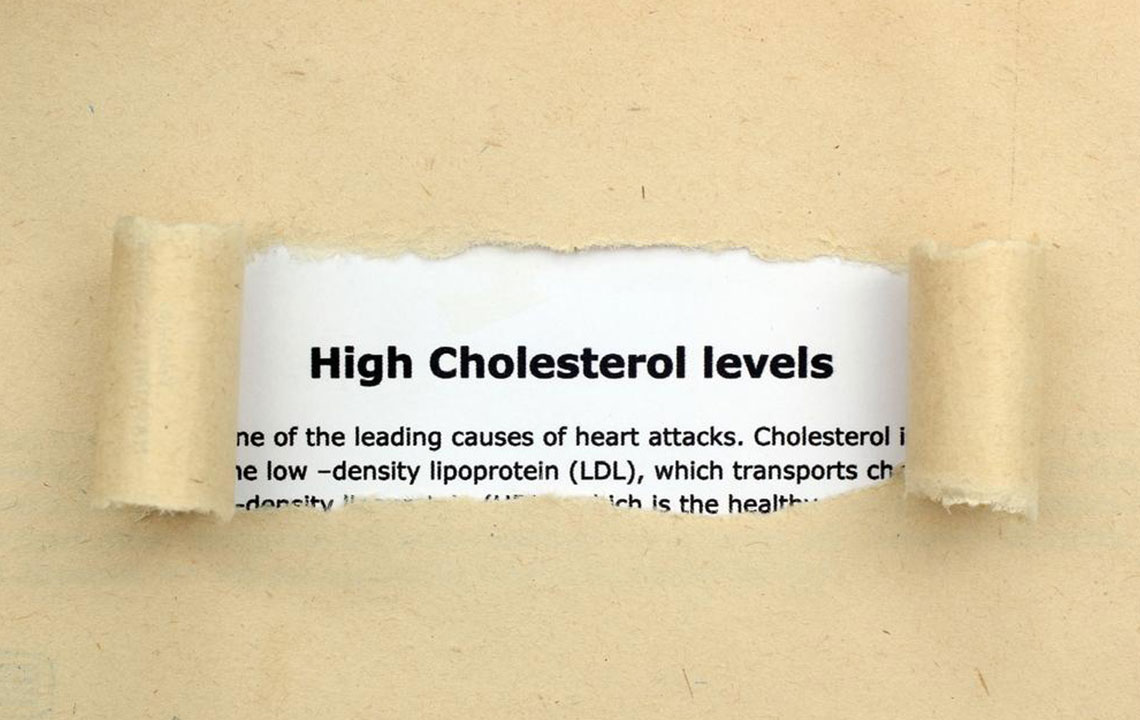Understanding Cholesterol: A Complete Guide
This comprehensive overview explains cholesterol's essential role in the body, emphasizing the importance of balanced levels for heart health. It highlights sources of cholesterol, the difference between LDL and HDL, and the steps to maintain optimal levels through diet and lifestyle. Regular checkups and expert advice are recommended for effective management, ensuring overall health and prevention of cardiovascular diseases.

Understanding Cholesterol: A Complete Guide
Cholesterol is a vital organic molecule produced by all animal cells and plays a crucial role in maintaining cell membrane structure and fluidity. In humans, it’s a type of fat present in the bloodstream. Its primary functions include supporting the growth and development of the brain, skin, and internal organs over time.
Maintaining a proper balance of cholesterol is essential, as excess or deficiency can lead to health issues. Since cholesterol is a form of fat, high levels can be detrimental to overall health.
Eating a balanced diet is key to managing cholesterol intake. Foods like meat, eggs, fish, dairy products, and cheese are rich sources of cholesterol. The liver naturally produces cholesterol, while diet influences its levels in the bloodstream. Excessive consumption of high-cholesterol foods can lead to artery blockages, restricting blood flow.
Narrowed arteries can cause serious health concerns, including heart disease and strokes. Elevated cholesterol levels, especially LDL (bad cholesterol), contribute to plaque formation in arteries. Conversely, HDL (good cholesterol) helps remove excess cholesterol from the bloodstream, transporting it back to the liver for processing.
Controlling cholesterol involves a combination of diet, exercise, and regular health monitoring. Maintaining a nutritious diet and staying active help keep cholesterol levels in check, promoting overall well-being. Routine checkups with healthcare providers or dietitians are recommended to ensure optimal health.
For more information, consult reputable medical resources or speak with healthcare professionals to develop personalized strategies for managing cholesterol effectively.
Important Notice:
The information shared on this platform is intended for educational purposes and should not replace professional medical advice. We encourage readers to consult healthcare providers for personalized diagnostic and treatment options. The website disclaims responsibility for any discrepancies or inaccuracies that may arise from external sources.









